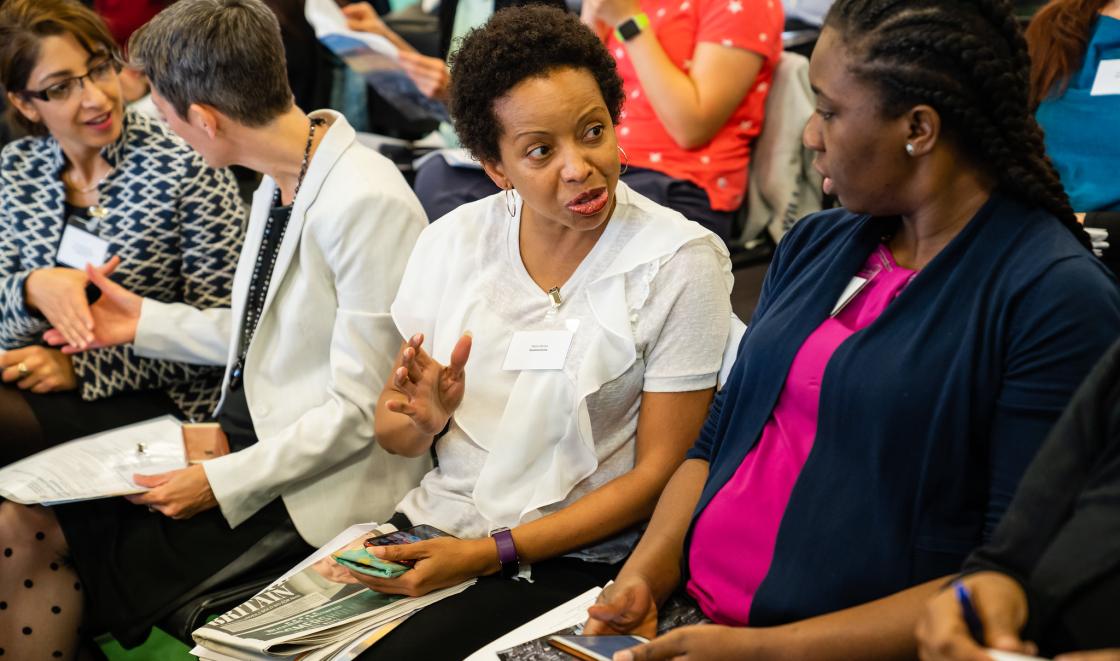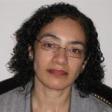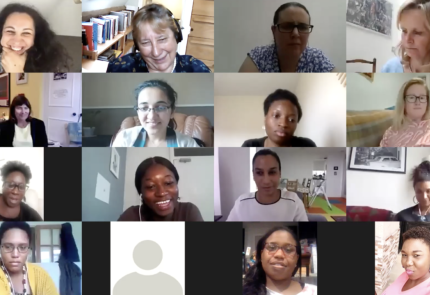To achieve this, we conduct research and implementation activities directly informed by the needs of our diverse local population, and the priorities of the local health and social care system.
We involve commissioners, patients, service users, carers, families, community members and practitioners. This ensures our work is relevant and supports implementation into practice.
South London’s local population and inequalities
South London has a very diverse population, living with multiple social and structural inequalities. These inequalities have been starkly exposed by the health and economic impacts of the Covid-19 pandemic.
Mortality rates in south London – as elsewhere in the country – are higher among Black, Asian and minority ethnic (BAME) groups, care home residents, those in the poorest health and living in the most deprived areas.
These groups already face inequalities in health and social care, yet they are the least likely to be involved in health and social care research. This reflects wider patterns of public involvement, in which those most likely to take part are older, white and from higher socio-economic backgrounds.
Ensuring greater diversity and inclusion at ARC South London
At ARC South London, we want to develop more equal partnership models to involve diverse groups in research and healthcare practice – this is critical to producing health and social care research that can deliver improved outcomes for local people and communities.
This is line with a broader movement in health and social care. The NHS Leadership Academy states: “Diversity and inclusion lead to improved health and greater staff and patient experiences of the NHS.”
When we talk about diversity and inclusion (D&I), we are embracing the definitions developed by Health Education England:
By ‘diversity’, we mean:
'making sure that we recognise, respect, value and celebrate the differences that everyone has, as well as leveraging the opportunities that different people bring to the work that we do'
Health Education England: Diversity and Inclusion Our Strategic Framework 2018-2022
By inclusion, we mean:
'Taking an approach to our work where we consider people, their diversity, their preferences and their abilities. It is about creating a workplace where everyone can be themselves and feel that they can contribute their views, which will be valued'
Health Education England: Diversity and Inclusion Our Strategic Framework 2018-2022
Our approach and recommendations
In this D&I work, the ARC applies an intersectional approach – which recognises combinations of advantage and disadvantage across a range of characteristics, including age, disability, gender reassignment, marriage and civil partnership, pregnancy and maternity, race, religion or belief, sex and sexual orientation – to ensure a diverse and inclusive research environment.
We have commissioned an external review – ‘Involvement, Engagement, Diversity and Inclusion in the South London ARC’, which was published in February 2020, and undertaken our own internal work.
Following this work, in June 2020, we committed as a research organisation to:
- Making D&I a standing item on all ARC boards and committees and adding it to terms of reference
- Exploring how broader community representation of individuals and groups can be achieved on ARC boards and committees, including race and ethnicity diversity
- Ensuring all research projects consider D&I
- Ensuring all research themes complete D&I achievement logs each year to monitor progress
- Addressing issues of under-representation of research participants in research themes, especially from BAME, disability and LGBTQ+ groups
- Exploring how staff from under-represented groups can contribute strategically to the ARC’s work.
We have developed an Involvement Strategy for public and community involvement, engagement and participation (March 2021). The strategy focuses on community involvement that reflects the diversity of south Londoners. We also want to initiate new research that is led by community involvement, and that addresses priorities identified by local people.
Find out more
For more information, contact ARC South London’s diversity and inclusion lead, Dr Josephine Ocloo.




